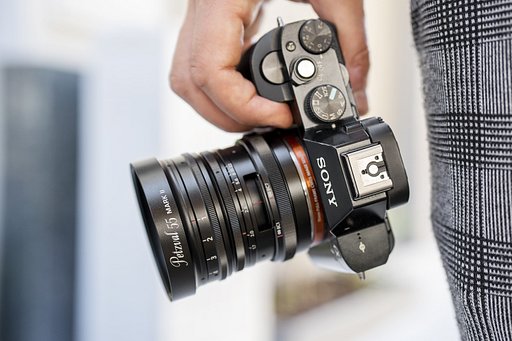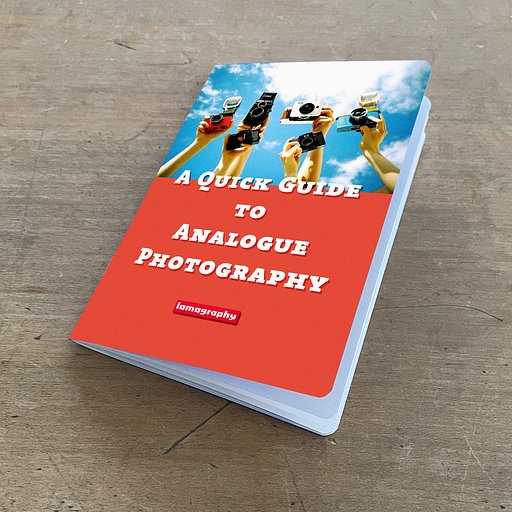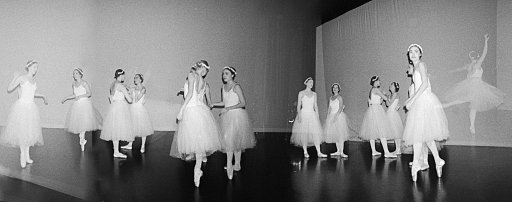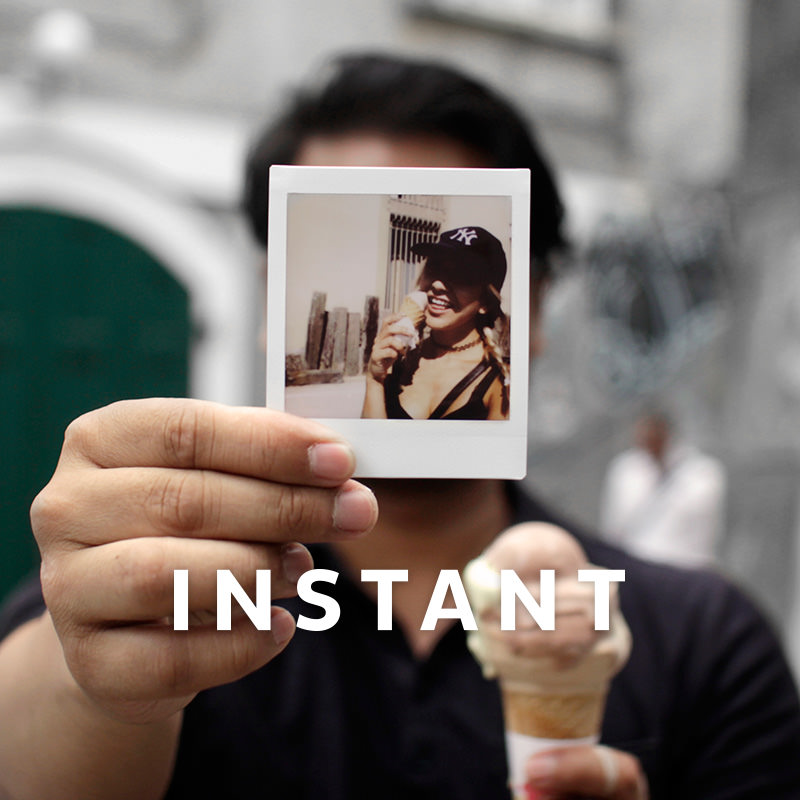Light is Magical: A Talk With Li Hui
8 65 Share TweetPhotography is not only an act of documentation or communication, it is also a way of seeing the world. The camera opens our eyes and lets us see what lies behind the obvious, we start looking at things as potential subjects of a photograph. Every leak of light unveils secrets that talented photographers turn into a piece of art. Li Hui is one of those gifted artists. We talked to her about her work and her sensitive photographs that picture a wonderful vulnerability.
What happened in February 2009 that caused you to concentrate more on photography? How would you describe your development since then?
I used to have Asperger’s Syndrome so I had problems communicating. I didn’t join any group events, I didn’t do sports in school. In fact, I was unable to buy things by myself without help if I had to talk to anyone. I was playing by myself and talking to myself as well. Like a stray balloon floating in the air. I always felt this pressure to communicate with people.
Then I got my first film camera in 2009 and decided to go to Berlin alone to meet a friend who was interested in the same things (music and movies). I suddenly found a way to record what I like and I realized that film cameras capture things in a much more interesting way than digital ones. I found the world was not what I thought it was; suddenly, everything seemed so alive. I could create a whole new world of my own. Photography makes me more open to my surroundings, allowing me to explore the world in my own way more often. I feel braver.
From then on, I regularly uploaded photos to my website and more and more people started noticing me. I’m glad some people like what I am doing.
You are a self-taught photographer. What was the most helpful thing you learned about photography, and how did it influence your work?
Photography is like movies or music. They all express a certain mood and they all tell stories. You just need to let your imagination free and think deeper, then you will get the point and feel touched. As a self-taught photographer, I don’t care about any basic rules. I just do what I like and I always experiment.
You said that you like to shoot without thinking about it, thus, you learn from failure. What was the biggest disappointment when you saw a developed picture that didn’t turn out well? What was the biggest surprise when a picture turned out different and better than you expected?
I wouldn’t really speak of big disappointments. It simply depends on whether the result is interesting in some way or touches me emotionally. The biggest surprises are natural light leaks that turn the result into something new and entirely unexpected.
Looking at your pictures we had to think about Marina Richter and Rinko Kawauchi. Do you know them and are they an inspiration for you?
Once, a friend who liked my pictures told me that my work somewhat reminds him of Rinko Kawauchi’s. I like the way she tells stories. I am not familiar with Marina Richter, though. I am mostly inspired by my natural surroundings, such as the patterns of a flower, the shape of the trees after a strong wind, thick clouds in the sky before a storm, the rain hitting the ground, the sun and the way its rays shine on my hand and the palm of my hand becomes transparent. I am touched by these subtle things. My love for music, movies, and paintings inspires me as well.
You don’t show your model’s faces in your pictures because you want the viewer to find himself and his own feelings and experiences in them. Could you tell us more about this approach? Do you want to tell stories with your pictures, or is the story then always up to the viewer’s imagination?
People always say that good pictures tell stories. I rather prefer this approach. It is interesting to hear different opinions and what different people take away from the pictures. I prefer to leave the story up to the viewer’s imagination. What people take away from an image depends on their personality and their own background. I just want to share a certain feeling, a certain mood.
Light is one of the most important components of a photograph, and your pictures are showing this perfectly. How do you think about light in your work?
Light is magical. It can create different faces, shapes, moods, and colors. Essentially, light is the most important factor in my work.
How do you achieve the calm, desaturated, and harmonic results in your pictures?
I think it mainly has to do with the subjects that I choose. This particular look seems to have become my trademark. I love that. It’s like a reflection of my personality.
Some of your pictures are almost surreal. Do you compose them beforehand and know what you want to achieve, or are they a result of experimental shooting without thinking about it?
Parts of my work show a world that stems from my own imagination. I compose the entire picture in my mind before I take it.
It’s much like making a movie: people know it’s a fictional story but it’s based on the real world, the world we know (or don’t). If the movie does not evoke any feelings, then the viewer won’t be touched emotionally. This goes for photography as well.
You once said in an interview that it is not the photographer’s personality but his work that counts. Doesn’t photography tell us a lot about the photographer’s personality, anyway?
I guess so. A photographer’s personality is the key element that makes the work unique. But it’s still the end result that counts. And once someone else looks at a certain picture, it becomes detached from the photographer.
How do you think your life changed after starting to explore the world through the camera lens?
I’ve become braver. I’d like to become friends with people with a simple, let’s say child-like heart. I don’t like confused adult people.
In your opinion, what makes photography an art?
The magic of light. A creative mind. Inner eyes. Childlike curiosity.
Where would you like to travel for your photography? Is there a place in the world that particularly fascinates you?
Iceland.
If you weren’t a photographer, you’d be a writer. What kind of stories would you tell? How do you think your passion for writing influences your photography?
I once wrote a novel but never wanted to publish [it]. It’s a somewhat dark story.
The protagonist L, is a hermaphrodite, who falls in love with four different people. After meeting L, their lives undergo major changes. L lives on the road, like a nomad. Large sections of the book are descriptions of unusual and surreal scenery, so I guess that’s reminiscent of my photography.
Where will your path lead you next? Do you have any projects coming up?
I will release my second photography book this April, and this time I’ll self-publish.
Make sure to visit Li Hui’s website, and follow her on Tumblr and Flickr.
written by jennifer_pos on 2015-04-10 #news #people #lifestyle #interview #light


































8 Comments